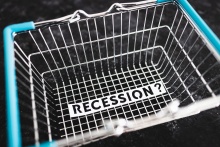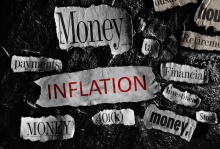What to do with your Bond Income
Our discussions on bonds continue. After learning the bond basics and making the investment, what should you do with the income? As a refresher, a bond is a debt instrument in which an investor loans money to an entity in return for receiving a fixed or variable interest rate, with interest being paid at regular intervals. The basic rule of the time value of money states that money loses its value with the passage of time. What you can buy today with a certain amount of money will be a lot more than tomorrow due to rising inflation.












